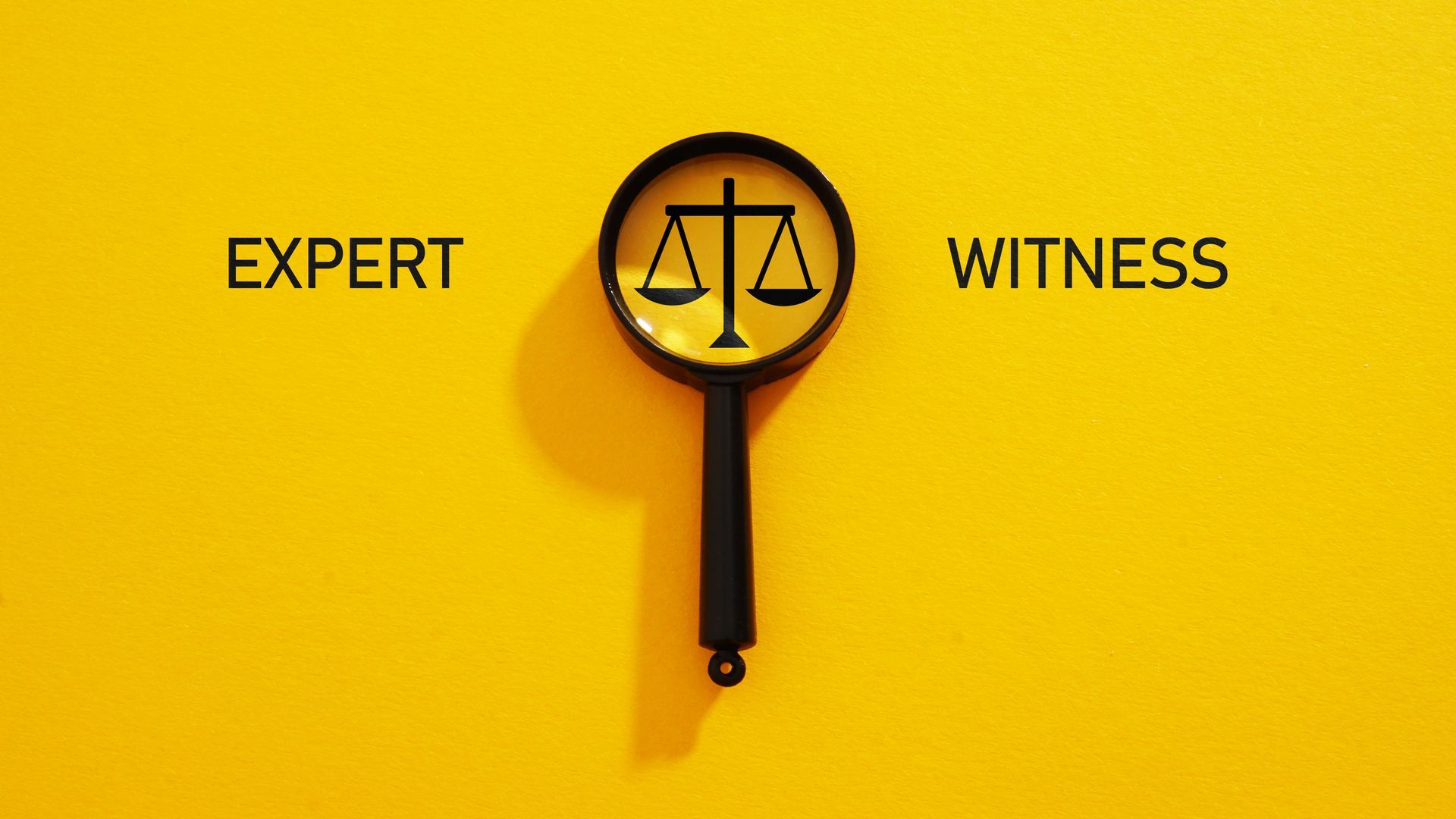Can I Be Charged With Conspiracy or Aiding a Crime Just for a Text Message?

Many people have been lulled into a sense of complacency about the privacy of their digital communications. What you assume is private communication today can potentially be found and documented by law enforcement in the future.
That raises a scary question for anyone even tangentially related to a crime, whether it was buying drugs or agreeing to give someone a ride: can a text message by itself get you charged with conspiracy or aiding a crime in Arizona?
The truth is it depends. Texts on their own don’t automatically equal guilt, but they can be persuasive evidence of agreement, intent, or encouragement. Your participation in a text chain can potentially tip the scale if law enforcement has other evidence that you were involved in conspiracy or share criminal liability.
Arizona Conspiracy and Aiding and Abetting Law
Conspiracy (ARS 13-1003): To prove conspiracy, prosecutors must show an agreement and intent to commit a crime, plus at least one overt act toward committing it. An overt act can be something as simple as a message, a meeting, or gathering tools.
Criminal Liability Based Upon Conduct of Another (ARS 13-303): A person can be held criminally responsible for someone else’s crime if they help, facilitate, or encourage it.
Text messages can be used to establish that the person knew the perpetrator was planning to commit or committed a crime and assisted in some way.
Common Scenarios Where Texts Become Evidence
Drug Cases: Messages to a Dealer
Texts are often used in drug prosecutions. For example, when police arrest a dealer and find messages on their phone from people asking about buying drugs. Even if no transaction took place, or police don’t have concrete evidence that a sale occurred, those texts can be used as evidence of attempted possession or even conspiracy to possess drugs.
Prosecutors often rely on these messages to link buyers and sellers, sometimes building cases against multiple people in a dealer’s contact list. A casual text like, “Can I get a gram tonight?” may seem harmless to the sender, but in court it can be portrayed as evidence of a criminal agreement.
Planning Fights and Assaults in Group Chats
School fights and group altercations are another area where texts frequently appear in evidence. If a group chat includes messages like, “Let’s meet him after school and teach him a lesson,” prosecutors can argue that the participants agreed to commit an assault.
Your criminal liability still depends on what you do. Simply being on the text chain without responding usually isn’t enough for a conspiracy charge. But if you chime in with support, even jokingly, prosecutors may argue you agreed to the plan.
If the fight does happen, texts from the group can be used to show it was organized rather than spontaneous. Even people who didn’t throw a punch could be swept up in investigations and potentially face prosecution.
Talking About Theft and Property Crimes
Texts about stolen property also show up frequently in police investigations. For example, if someone texts a friend about stealing a handbag from a store or asks for help hiding electronics, those messages can be used to support charges of theft, conspiracy, or hindering prosecution.
Agreeing to Assist in a Crime
Sometimes the texts don’t describe the crime itself but the assistance around it. Even a text where you agree to pick someone up after they committed a crime, like a robbery, can result in charges if police can establish that you knew they had committed the robbery and needed a ride to escape the scene.
Arizona courts focus on knowledge and intent. If you were just texted for a ride without any additional context, and there’s no other evidence that suggests you knew the sender had just committed a crime, you might be safe. If the prosecutor can show that you knew what was planned or what was done, and you still agreed to provide transportation, you could face charges.
Why Context Matters
Not every text leads to charges. Vague, joking, or out-of-context messages are usually not enough by themselves to prove guilt. Prosecutors need to combine texts with other evidence, such as surveillance, witness statements, or phone records.
Are You Facing Charges Stemming From a Crime You Didn’t Commit?
In Arizona, text messages can’t convict you by themselves, but they are often used as evidence of conspiracy or aiding a crime. If police are investigating your involvement in a crime and you know your texts are in evidence, it may be time to call a criminal defense lawyer.
Michael Alarid III is a Board-Certified Criminal Law Specialist who has worked on many cases that were built on digital evidence like text messages. Call (602) 818-3110 for a free case evaluation to learn more about your potential exposure and defense options.



